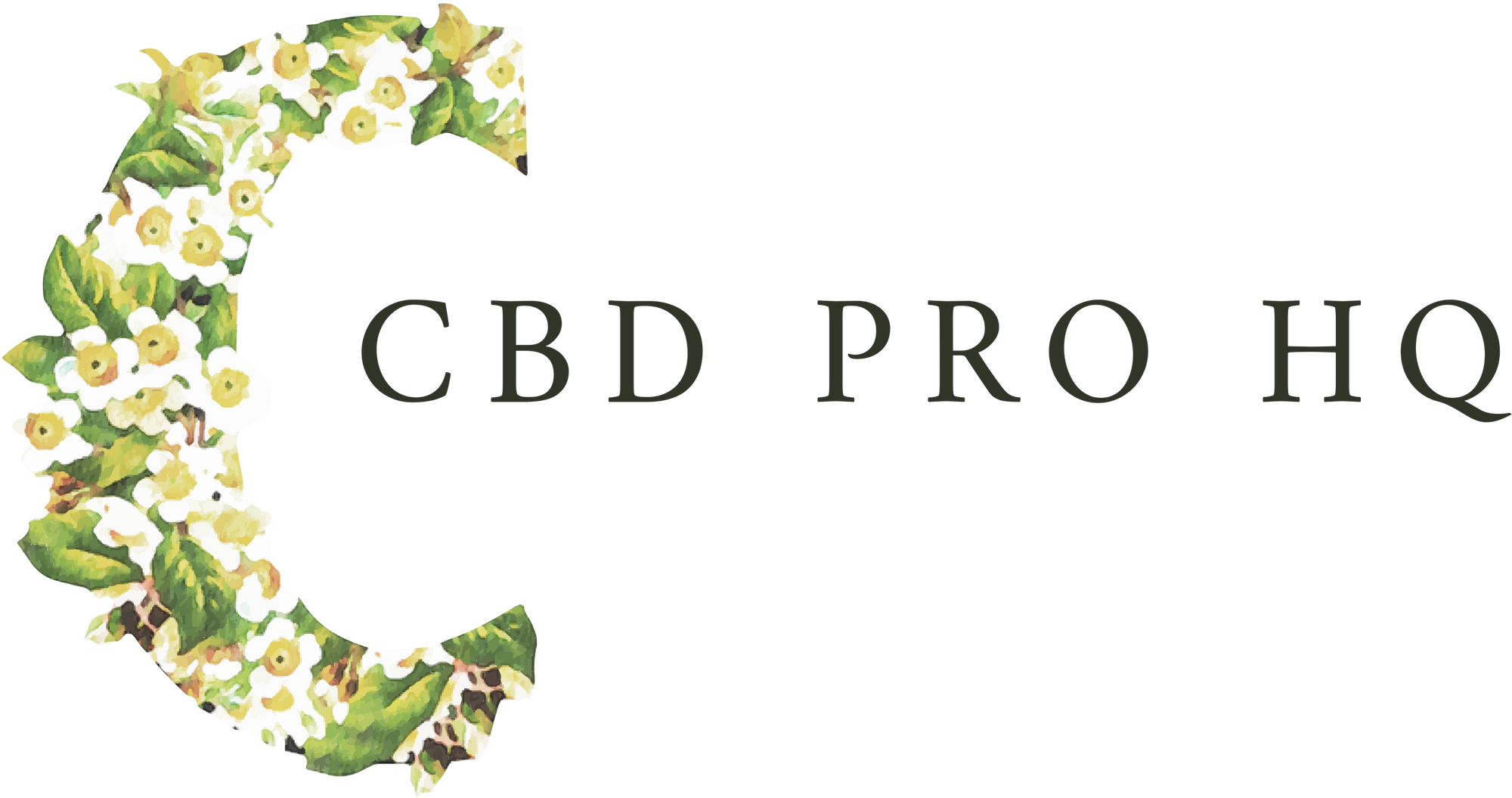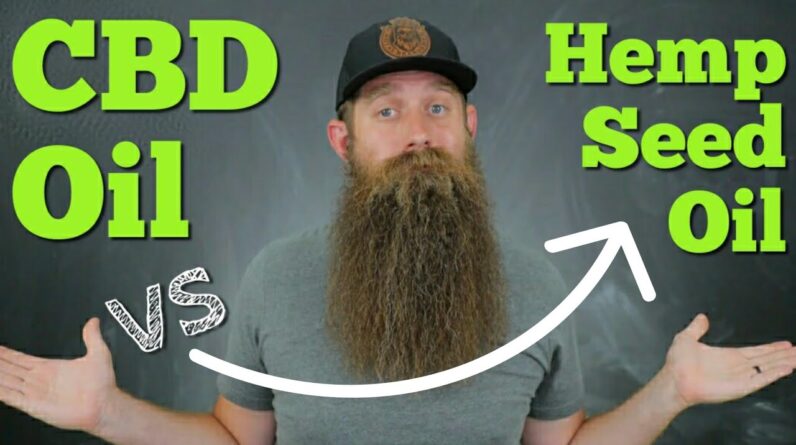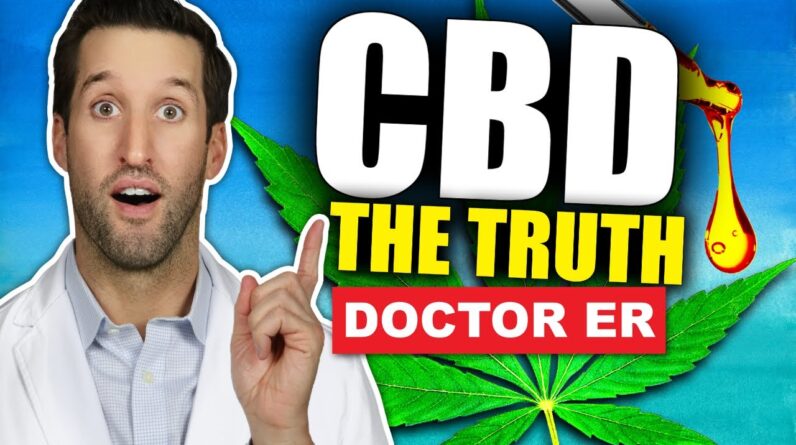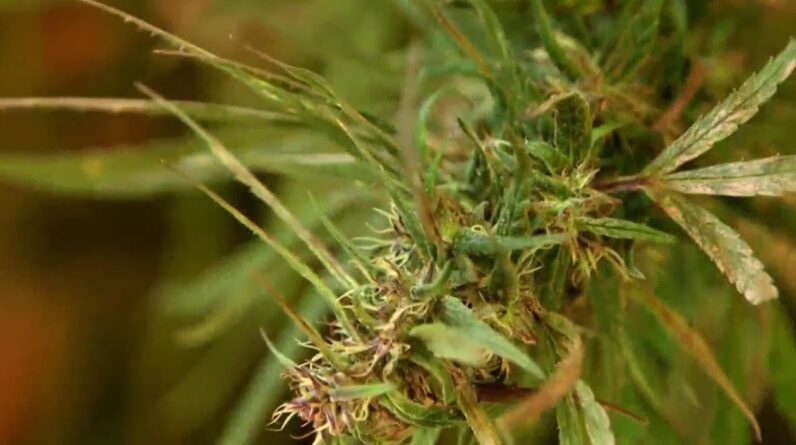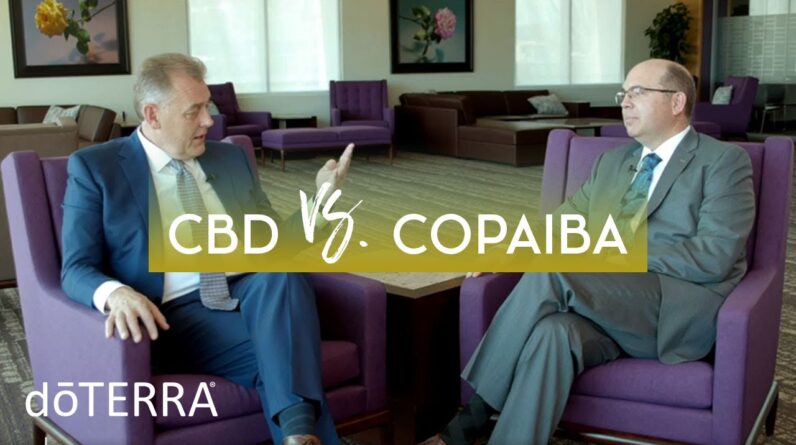
An in-depth look at CBD oil: Is it going to work for me?
My name is Natalie, and since facing anxiety issues and now being a mother to a three-year-old, I am curious to know if CBD oil could help me. With recent levels of popularity, this cannabis extract has made its way into an array of products from shampoos to chocolates and even drinks. Now readily available online and on shelves, CBD oil could be the natural supplement I need to cope with my challenges better.
Understanding CBD oil and potential conflicts
I bought my first CBD oil about two months ago, but I haven’t yet used it. While the idea of a potential natural solution to my anxiety is tempting, I still have questions. What did I really buy with this CBD oil? How will it interact with the medications I am taking? After all, I have used prescription drugs, mainly antidepressants, to manage my anxiety but found no respite.
With numerous sellers offering CBD oil in varying forms, milligrams, and percentages, I find myself uncertain. How do these different oils and their strengths work? I am also curious about whether others experience similar results. How much dosage should I start with? Having these questions answered could give me the much-needed reassurance to finally put the CBD oil to the test.
Understanding the source: Where does CBD come from?
To better understand what I bought, I decided to visit a crop of hemp. After all, hemp is a primary source of CBD. I learned that hemp is a legal and licensed product, unlike marijuana. However, while hemp and marijuana both are cannabis plants, they differ in the cannabinoids they produce.
Interestingly, CBD oil extract derives from the leaves and flowers of the hemp plant, which are typically discarded during commercial harvesting. In fact, all CBD products in the UK come from Eastern Europe or America, as local farmers in the UK can’t use the leaves and flowers.
Understanding CBD: The legal and non-psychoactive cannabis
While the term ‘cannabis’ often stirs thoughts of “getting high”, CBD extracted from hemp does not have this effect. The reason being, while marijuana plants have high levels of the psychoactive chemical THC, hemp plants have higher levels of CBD, which is not psychoactive yet offers potential pain-relieving and calming effects. Though the source of CBD still raised doubts, I pondered on how much difference it might make for my anxiety.
Understanding the scientific take on CBD oil
Moving past doubts, I dove into the science behind CBD oil. Research finds CBD to be relatively safe and well tolerated as a lower-risk form of treatment. Notably, CBD showed potential in normalising dysfunction in brain areas involved in psychosis, at doses of 600mg or over three weeks.
Understanding CBD oil: High dosage and low dosage
The research shed some light on the dosage levels of CBD oil; most studies were conducted with high doses of 600 to 2000 milligrams. However, what about the lower dosage found in over-the-counter products like mine that are much lower at 2.5mg per drop? Unfortunately, there is currently no clear understanding or evidence on whether these lower-strength products work as well as their higher dosage counterparts.
Understanding CBD oil: Potential conflicts and considerations
Another concern is the possible interactions of CBD oil with other medications. Given the uncertainty, experts advise talking to a doctor before taking CBD oil, especially for individuals on other medications.
Understanding the endocannabinoid system
Our bodies react to cannabis due to the endocannabinoid system or ECS, which aids the body in managing appetite, pain relief, and coping with stress and anxiety. The ECS reacts to naturally occurring chemicals and also to cannabinoids from cannabis plants including THC and CBD. The different effects of these chemicals make scientific exploration into potential treatments with cannabinoids an exciting prospect.
Getting to know what’s inside the CBD bottle
Given the promising research and potential benefits, I remained curious about the contents of the CBD oil I bought. To ensure a fair result, I went ahead and bought a new bottle for testing against potential contaminations that could have occurred with the one I had opened and shared with others.
Understanding the legal limit and testing of CBD products in the UK
While CBD oil is legal, it is subject to the limitation that THC content should be less than 1mg per item. Strict regulations surround the CBD used in medical studies, which one can’t usually buy online or in shops. All UK CBD products should comply with labelling standards and accurately state the CBD content in them.
During the testing of my bottle, we discovered the THC content was over four times the legal limit at 4mg per bottle. However, the CBD content was aligned with what was advertised.
Moving forward with CBD oil
After unravelling the world of CBD oil, I am more informed but still not quite ready to try it. I need a bit more confidence borne from studies and tests on CBD’s effectiveness, particularly at these lower doses found in over the- counter products. However, I do have an open mind about CBD oil and will consider it once there is more clarity on its effectiveness. For anyone considering using CBD, I would suggest getting to know more, understand their unique requirements and consult with a medical professional before trying it out.
